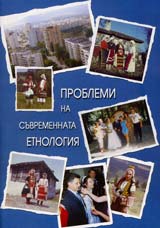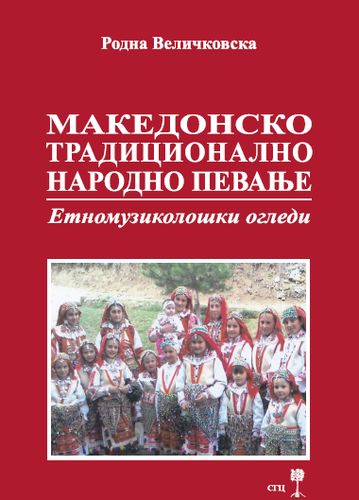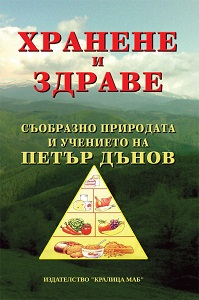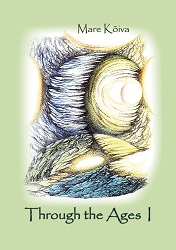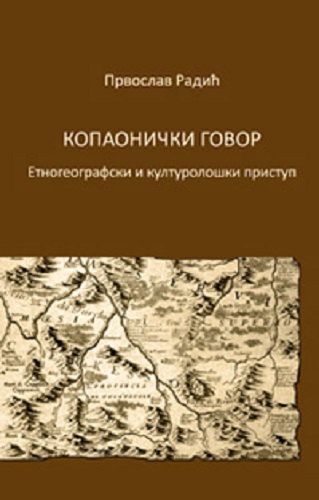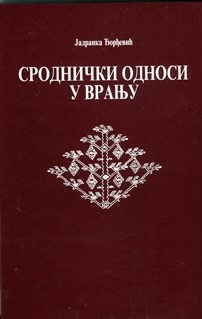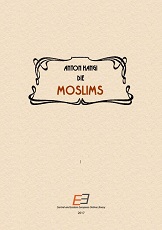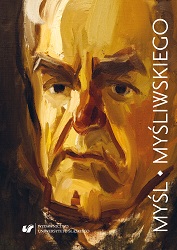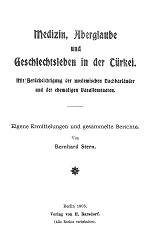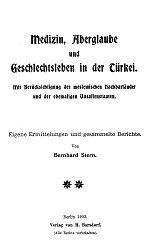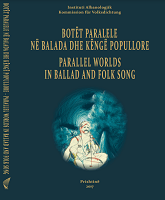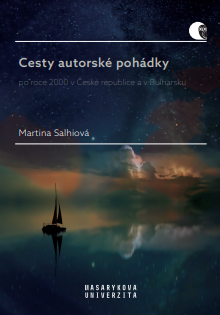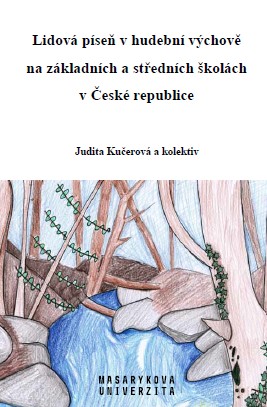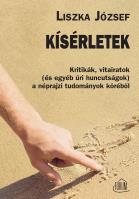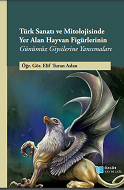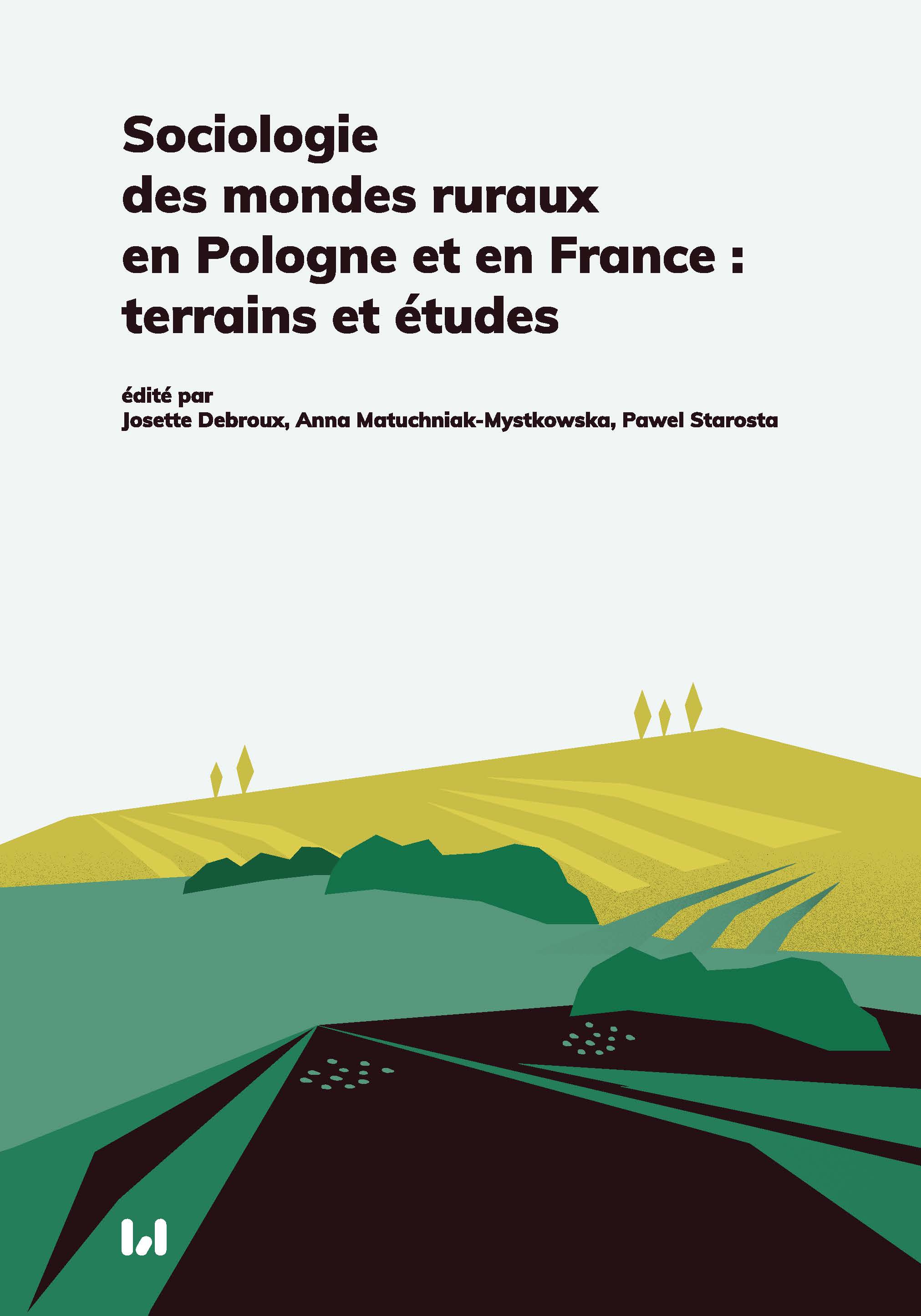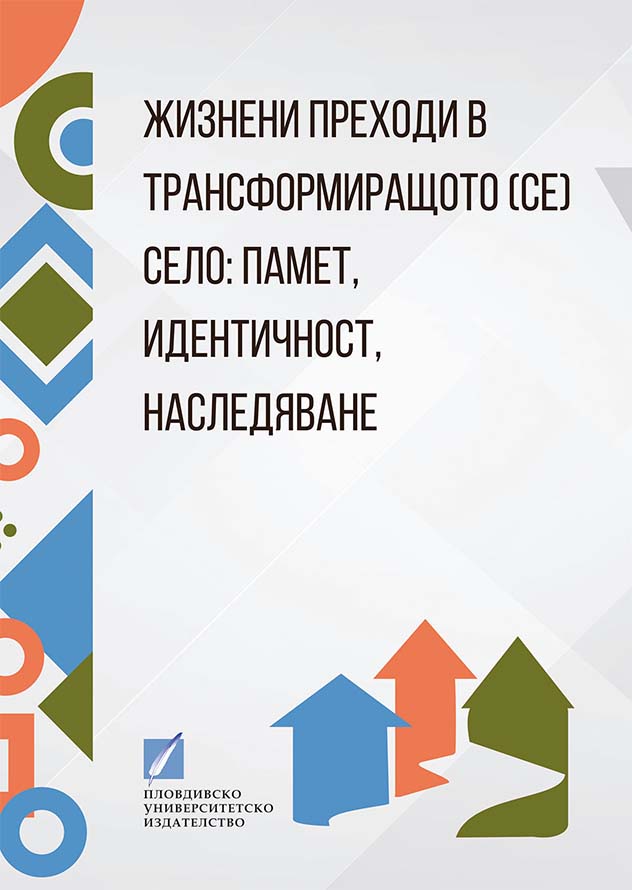Author(s): / Language(s): Polish
The collective monograph of the works of Wiesław Myśliwski is not the first attempt at a comprehensive conceptualization of the work of the author of „Nagi Sad”. It has been preceded by a series of “anniversary” books published by The Jan Kochanowski University in Kielce as well as monographs by e.g. Bogumiła Kaniewska. The uniqueness and purport of issuing another exhaustive formulation of Myśliwski’s work is justified by, first of all, the importance of this work, and, secondly, the fact that the authors have made an attempt to conceptualize it in a novel way.
The book ends with the re-print of the essay by Myśliwski entitled „Kres kultury chłopskiej”, which on the one hand is a text that has been slightly forgotten, and on the other hand many authors of the monograph have made reference to the theses of this very essay. The studies and essays presented in the book attempt at interpreting the complete literary output of the author of „Widnokrąg”, his individual works or motifs from his writing.
The most complementary attempt at reading Myśliwski in the volume has been offered by Józef Olejniczak, who in his essay treats the six novels published so far as chapters of an autobiographical project of the writer, and, in conclusion, poses a question about a continuation. It is followed by a study into the presence of WW II in Myśliwski’s work seen as a traumatic experience and at the same time as an attempt of asking definite questions about the role of Polish peasantry in the tragic history of this war. Artur Żywiołek, in turn, analyses „Widnokrąg” from the point of view of “new humanities” and “opens up” the reading of this significant novel for hitherto undescribed philosophical contexts. In a similar way we can characterize the attempt of Tomasz Bocheński – the researcher points out to the interpretative contexts which have not been accounted for so far in the studies on Myśliwski, like, for example, the musicalness of this prose. Wiesław Sedlak describes the authorial subject of Myśliwski as “nomadic”, pointing out to the fact that it is a subject that is in a permanent journey, wandering, walking, which constitutes a reconsideration of the previous convictions about the solely peasant provenance of Myśliwski’s work. Bogumiła Kaniewska and Karolina Wawer reach to Myśliwski’ images of women, assuming various perspectives from the domain of feminist literary criticism and gender studies. Krystian Węgrzynek in his essay is interested in the attitude of Myśliwski towards religion, Karol Maluszczak deals with objects in the worlds represented in the novel as the elements of the material memory of the writer, the “catalysts of his memory”. Piotr Zając writes about the presence of animals in this work, while Antoni Lesiak focuses his interpretation of „A Treatsie on Shelling Beans” on the music motif, on the job of saxophonist performed for many years by the narrator-protagonist, and Paweł Otręba attempts to interpret „Stone Upon Stone” in the light of the Sigmund Freud’s drive theory. Another study, by Wojciech Kuska, is an interpretative attempt at the conceptualization of a dendrologic motif in Myśliwski’s work in the light of the concept of the Linguistc Picture of the World. Jolanta Betkowska, by contrast, demonstrates how a modern media culture devastates the primal peasant culture, in this way commenting on the theses of the essay „Kres kultury chłopskiej” and its consequences present in the novels and dramas of the author of „Ostatnie Rozdanie”. The monograph concludes with three studies on the dramaturgic work of Myśliwski and the theatrical staging of his dramas and novels. Ewa Wąchocka presents an attempt at a comprehensive approach towards the problems, Anna Podstawka focuses on the theatrical adaptation of „Widnokrąg” made by Bogdan Tosza, while Jan Ciechowicz offers a summary of various ways in which Polish theatres have been fascinated by the works of Myśliwski and have adapted them for their own use.
The monograph „The Musings of Myśliwski (essays and studies)” aims at presenting the work of Myśliwski in many different contexts, and it also aspires to demonstrate how this work radiates and “influences” on various creative activities of man, such as the theatre, film, music, and the fine arts, therefore the cover features the portrait of the writer painted by Stanisław Baja, and also inside the book there is a drawing of the artist, which is a sketch to the portrait of Wiesław Myśliwski.
More...
